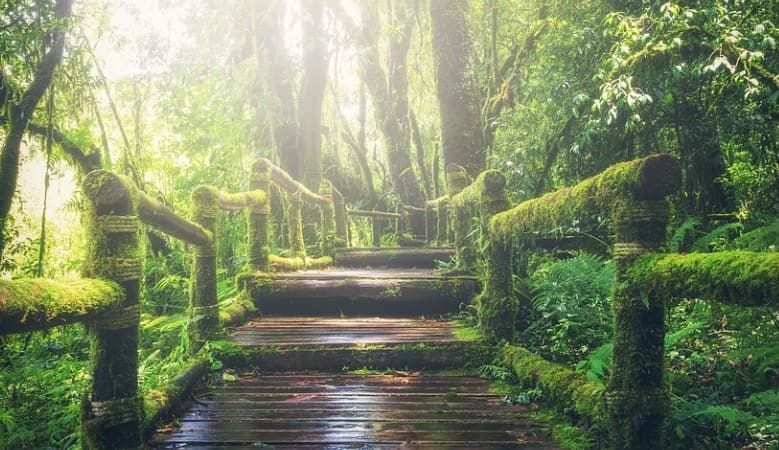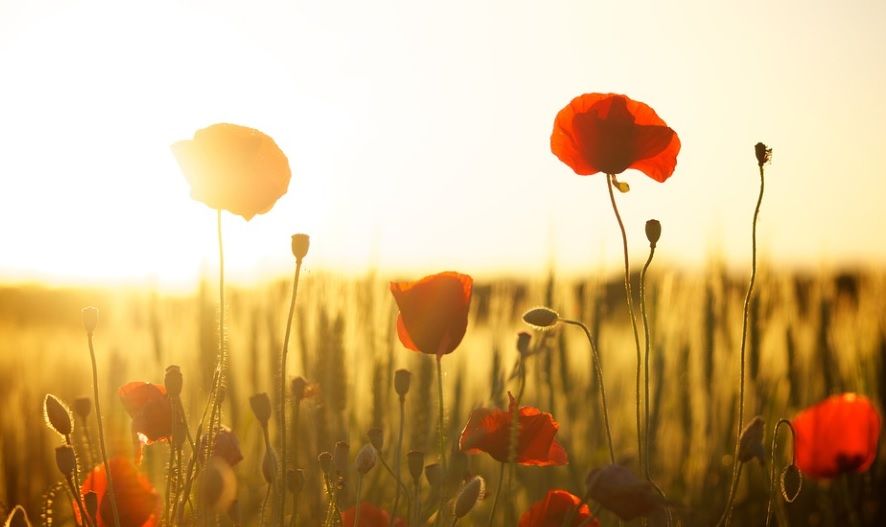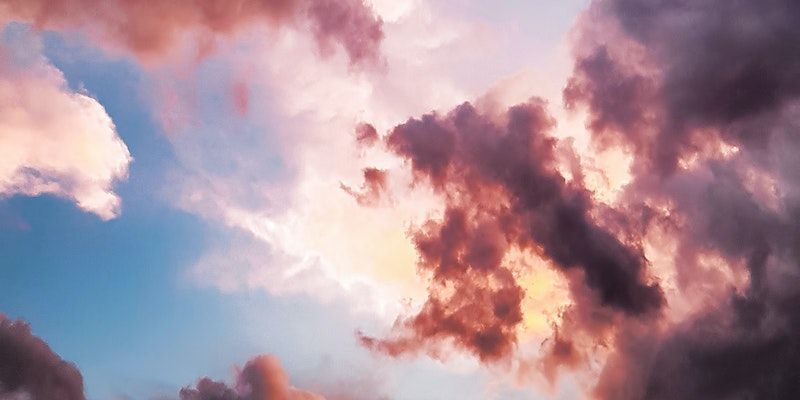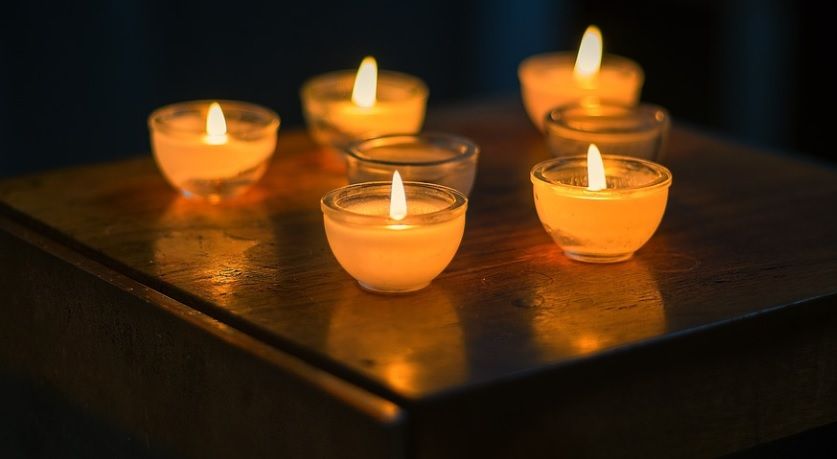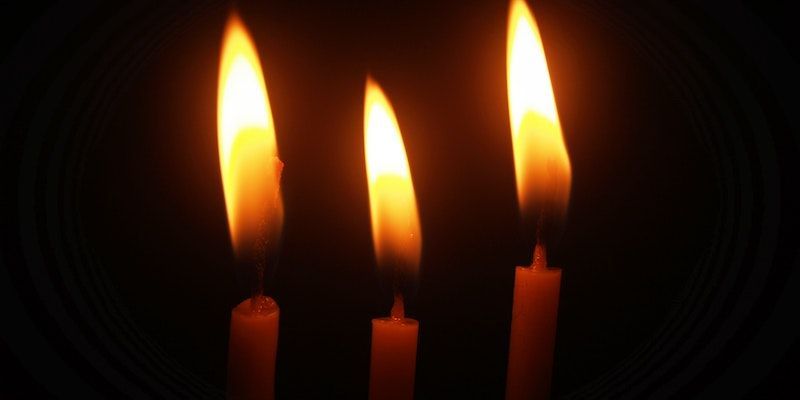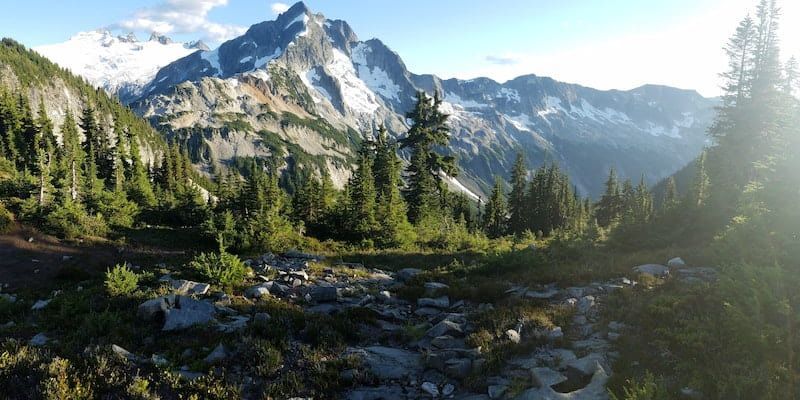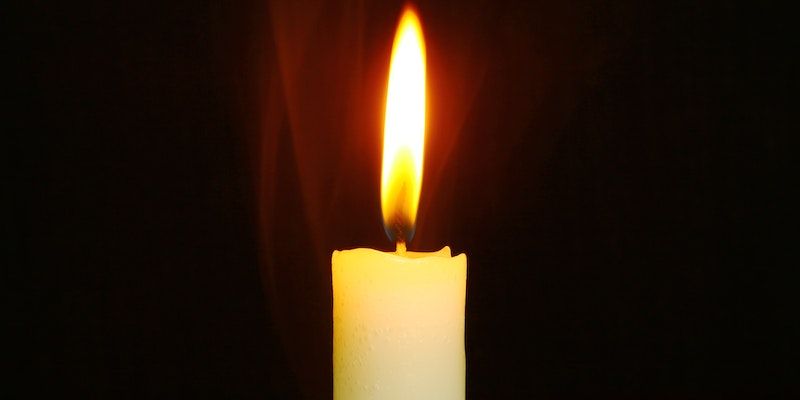What To Know About Cremation
If you are planning to have a cremation, you may be wondering about its history and where it is most common. Here are some things to keep in mind about it.
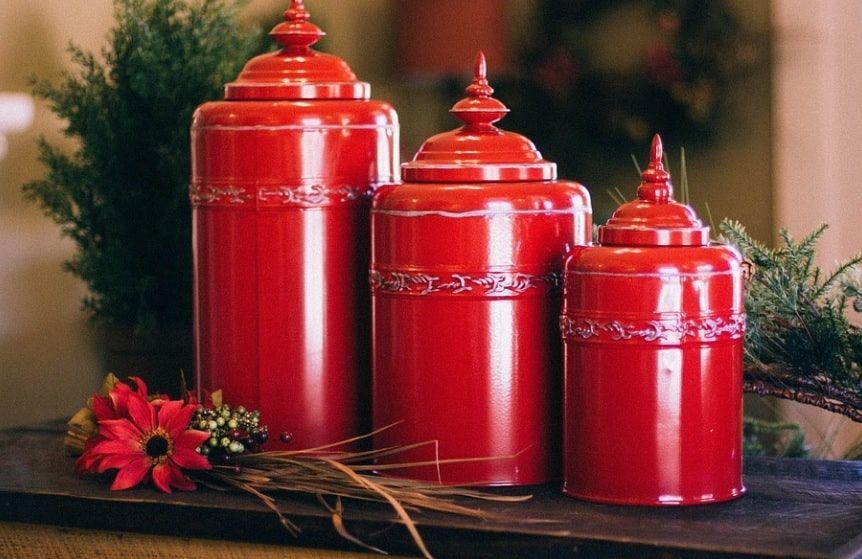
When it comes time to plan a funeral or cremation, it’s a good idea to know as much about it as possible. If you are considering cremation services in Layton, UT, be sure to learn as much as possible about cremation.
What Is The History Of Cremation?
The practice of cremation dates back thousands of years to ancient civilizations such as Greece, Rome, and India, where it was a common and accepted method of disposing of the dead. In these cultures, cremation was often seen as a way to release the soul from the body and to facilitate the journey to the afterlife.
In ancient Greece, for example, cremation was the preferred method of burial, and it was often accompanied by elaborate funeral rites and the placing of the ashes in a decorated urn. The Romans also practiced cremation, although the practice declined with the rise of Christianity, which favored burial.
In the 19th century, cremation began to gain popularity in Europe and North America as a modern and sanitary alternative to traditional burial. The first crematory in the United States was established in 1876, and by the early 20th century, cremation had become a widely accepted and practiced method of final disposition.
Today, cremation is a popular option for final disposition in many parts of the world, including the United States, where it has become increasingly common due to factors such as cost, environmental concerns, and changing cultural attitudes towards death and mourning.
Do All Religions Use Cremation?
Not all religions practice cremation. Some religions prohibit or discourage cremation, while others permit or even require it. In Christianity, burial has historically been the preferred method of disposition, although many Christian denominations now permit cremation as well.
In Islam and Orthodox Judaism, cremation is generally not allowed and is considered a desecration of the body. In Hinduism, Buddhism, Sikhism, and Jainism, cremation is a common practice and is often preferred over burial. Ultimately, the decision to choose cremation as a form of final disposition is a personal or cultural one, and it varies widely depending on the individual's or family's beliefs, customs, and traditions.
Why Choose Cremation?
There are several reasons why people choose cremation as a form of final disposition for themselves or their loved ones:
Cremation can be less expensive than traditional burial because it eliminates the need for a casket, burial plot, and other expenses associated with a traditional funeral. It can be seen as a more environmentally friendly option than burial because it does not require land for a burial plot, embalming fluids, or a casket. It also offers more flexibility in terms of the timing of the memorial or funeral service, as the cremated remains can be kept for a period of time before the service or scattered in a location of the family's choosing.
Some people simply prefer the idea of cremation over burial because it allows them to be more mobile in death, or they may not want their body to be in the ground. As I mentioned earlier, some religions and cultures prescribe or prefer cremation as a form of final disposition. It is important to note that the decision to choose cremation is a personal one and should be made after careful consideration of all the options and the individual's own beliefs, values, and preferences.
If you are planning cremation services in Layton, UT let us help you. We are here to work with you on all the details of your servies. Give us a call or stop by to learn more.

